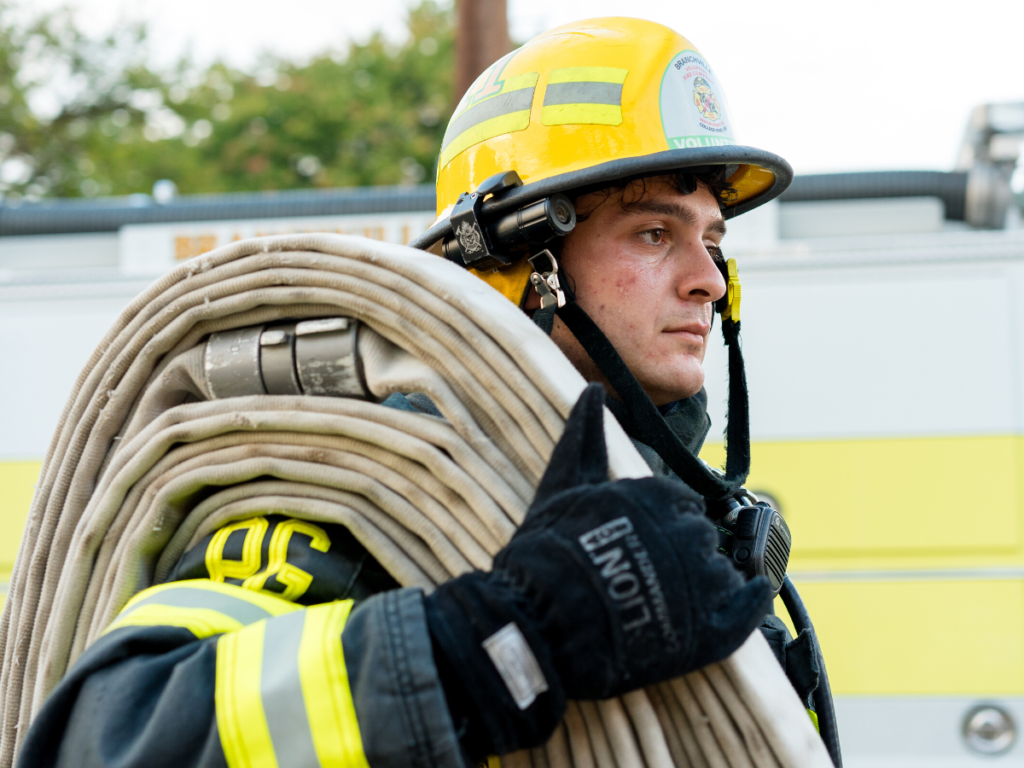Firefighters are subjected to high stress situations and trauma on a regular basis, which can significantly hamper their mental health. Cases of PTSD and suicide among firefighters are quite high. As John Rose Oak Bluff points out, to prevent such eventualities, many fire service departments are creating formal peer-support programs. These programs encourage firefighters to talk freely about their stressors, anxiety and other mental health issues, before they become overwhelming.
John Rose Oak Bluff underlines the importance of peer support for firefighters
The importance of peer support cannot be overstated in the world of firefighting, where each day brings unpredictable challenges and life-and-death situations. Firefighters don’t only depend on their training and equipment; they also rely significantly on their peers for psychological and emotional support. Many consider fire service to be a brotherhood, due to the strong bonds formed among firefighters. The friendship and comradeship between the firefighters often seem like a lifeline in the midst of chaos. As firefighters experience traumatic incidents, they typically turn to their peers for guidance and support. After all, the fellow firefighters are the ones to truly understand the unique challenges of the job. The shared experiences of firefighters go a long way in creating mutual understanding and a deep sense of trust.
Peer support programs in fire service departments help in supporting the firefighters mentally and emotionally. It is common for firefighters to encounter distressing and traumatic situations, right from witnessing devastating accidents to rescuing people from burning buildings. Such experiences often take a toll on their mental health. In such a scenario, peer support can be a safe space where the firefighters can discuss their feelings and fears, and share their emotions with others who would understand what they are going through.
PTSD cases and suicide rates among firefighters are pretty alarming. As John Rose Oak Bluff mentions, peer support plays a vital role in identifying early signs of suicidal thoughts and PTSD in fellow firefighters. As they work closely with one another, fellow firefighters are commonly the first to observe when any one of them is struggling. The firefighters can subsequently recommend resources to their colleague or help them to avail professional assistance.
Firefighting is an extremely stressful job, which involves life-threatening situations. Peer support helps firefighters to manage stress by making coping techniques and strategies available that can help them to stay mentally resilient. No matter whether it is through informal conversations or more structured programs, peer support assists firefighters to manage the negative effects of chronic stress, which may lead to burnout and other mental health issues.
Although there is increasing recognition of mental health concerns, a stigma persists surrounding the pursuit of assistance, especially within male-dominated fields such as firefighting. Initiatives centered on peer support can help in dismantling this stigma by fostering open dialogues regarding mental well-being. When a firefighter candidly shares their encounters with mental health difficulties and the journey towards recovery, it tends to serve as a catalyst for others to acknowledge and pursue help when necessary.

